Tooth decay, also known as dental caries or cavities, is a common oral health issue that occurs when the enamel, the outer layer of the tooth, is damaged by acid-producing bacteria. This process can lead to the formation of holes or cavities in the teeth, causing pain, sensitivity, and potential long-term damage if left untreated. In this article, we will explore the causes of tooth decay, effective prevention strategies, and essential tips for maintaining optimal oral health.
Causes of Tooth Decay:
Bacterial Activity: The primary cause of tooth decay is the presence of bacteria in the mouth. These bacteria produce acids that erode the enamel, leading to cavities.
Poor Oral Hygiene: Inadequate brushing and flossing allow the accumulation of plaque – a sticky film of bacteria – on the teeth. When plaque is not removed regularly, it hardens into tartar, contributing to tooth decay.
Dietary Habits: Consuming sugary and acidic foods and beverages increases the risk of tooth decay. Bacteria thrive on sugars, producing acids that weaken the enamel.
Dry Mouth: Reduced saliva flow, often caused by medications or certain medical conditions, can contribute to tooth decay. Saliva helps neutralize acids and cleanse the mouth.
Prevention Strategies:
Regular Dental Check-ups: Schedule regular dental visits for professional cleanings and early detection of dental issues. Dentists can identify and treat cavities in their early stages.
Effective Oral Hygiene: Brush teeth at least twice a day using fluoride toothpaste and a soft-bristled toothbrush. Floss daily to remove plaque and debris from between teeth.
Balanced Diet: Limit sugary and acidic foods and beverages. Opt for a well-balanced diet rich in fruits, vegetables, dairy products, and lean proteins.
Fluoride Use: Fluoride strengthens enamel and helps prevent tooth decay. Use fluoride toothpaste and consider fluoride treatments if recommended by your dentist.
Dental Sealants: Sealants provide a protective barrier on the chewing surfaces of molars, reducing the risk of decay in vulnerable areas.
Drink Water: Water helps rinse away food particles and neutralize acids in the mouth. Choose water over sugary or acidic drinks.
Chew Sugar-Free Gum: Chewing gum stimulates saliva production, which helps neutralize acids and clean the mouth. Opt for sugar-free gum to avoid promoting bacterial growth.
Understanding the causes of tooth decay and adopting effective prevention strategies are crucial for maintaining good oral health. Regular dental check-ups, proper oral hygiene practices, a balanced diet, and other preventive measures play key roles in preventing tooth decay and ensuring a healthy smile for years to come. By incorporating these habits into your daily routine, you can significantly reduce the risk of developing cavities and other dental issues.
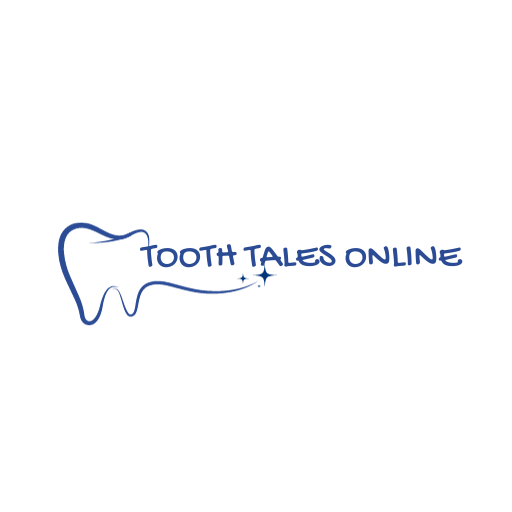
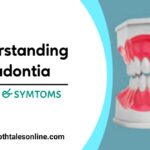
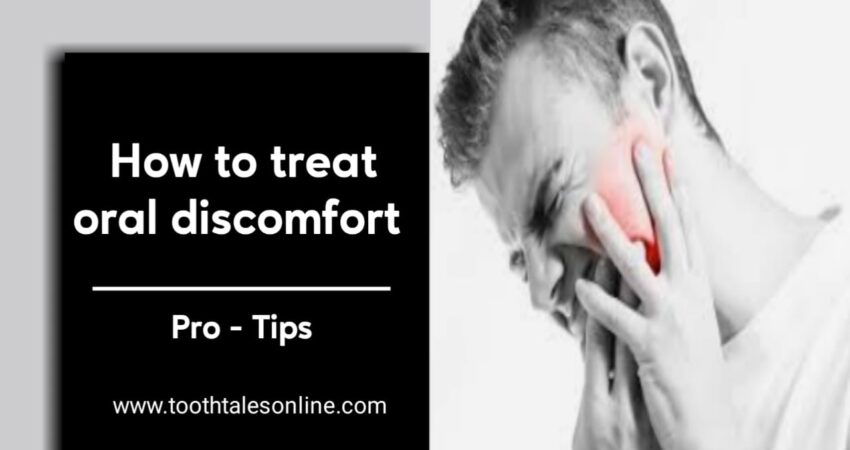
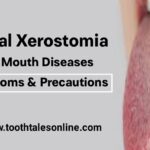


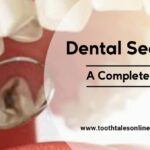
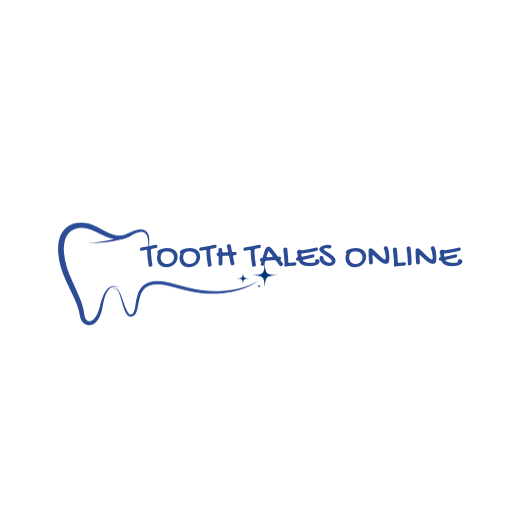
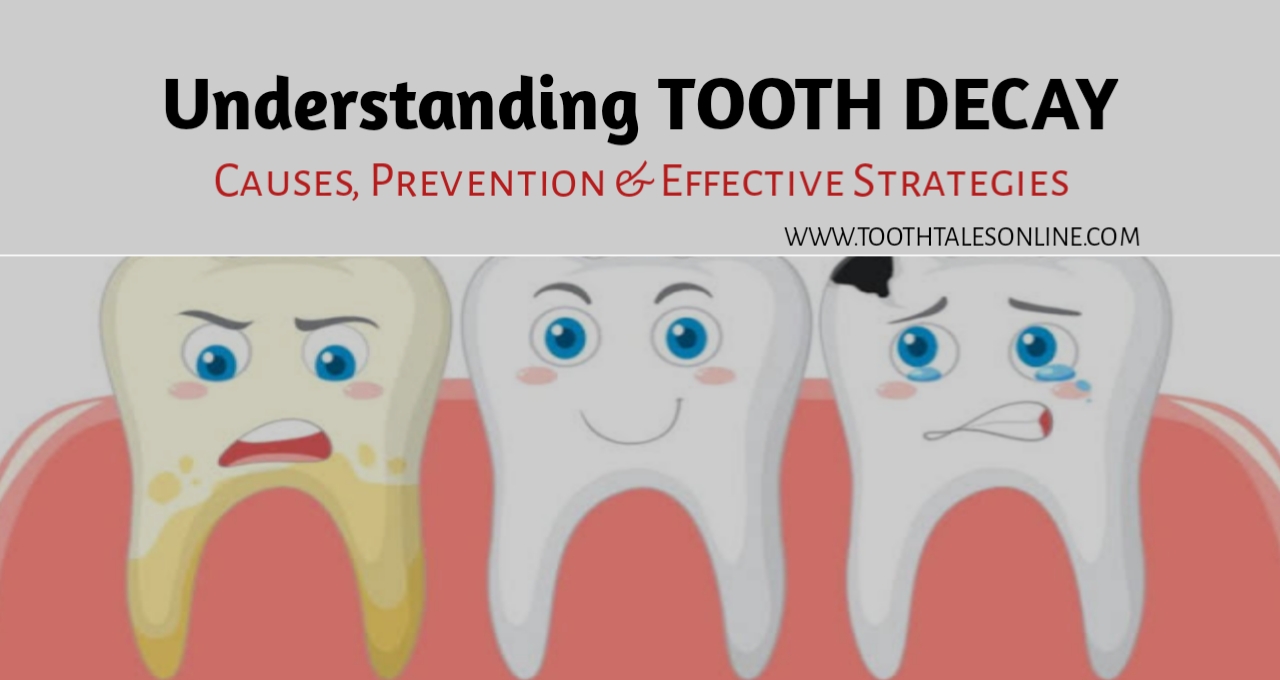

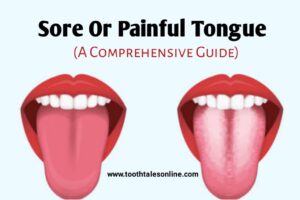
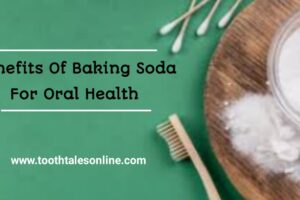










Add Comment